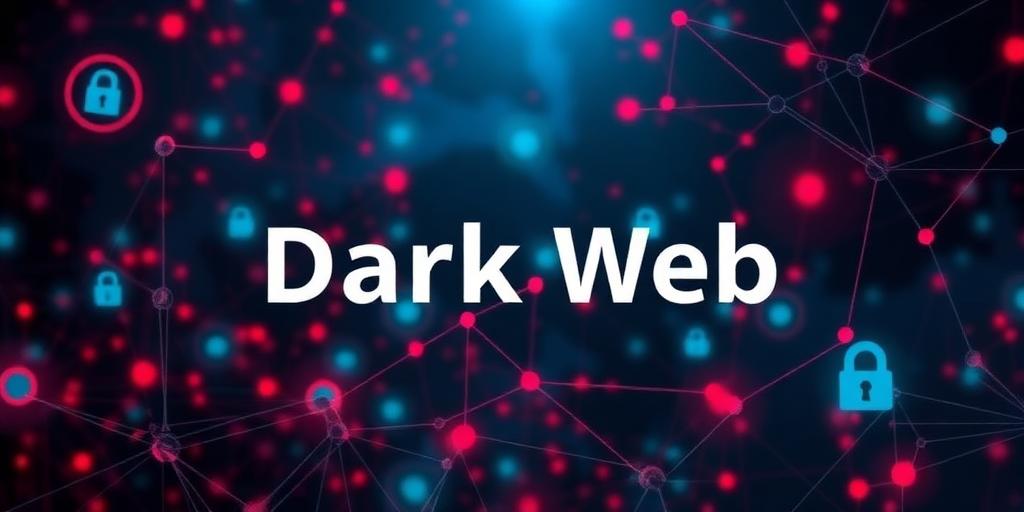Balancing Act: Is the Dark Web More Good or Bad for Society?
The dark web, a hidden part of the internet, is often associated with illicit activities, but it also has legitimate uses. This article explores the dual nature of the dark web, examining its benefits and drawbacks to determine whether it ultimately has a positive or negative impact on society.
What is the Dark Web?
The dark web is a subset of the deep web that is intentionally concealed and requires specific software, like Tor, to access. Unlike the surface web, which is indexed by search engines, the dark web is not easily discoverable, providing anonymity to its users.
Benefits of the Dark Web
- Privacy and Anonymity: The dark web offers a high level of anonymity, which is crucial for whistleblowers, journalists, and activists in oppressive regimes. It allows them to communicate securely without fear of censorship or surveillance.
- Secure Communication: Tools like encrypted messaging services provide secure channels for individuals to exchange sensitive information, protecting them from potential threats.
- Access to Information: In countries with strict internet censorship, the dark web can provide access to uncensored news and information, promoting freedom of expression and knowledge.
- Research and Education: Researchers and academics use the dark web to study online criminal behavior, cybersecurity threats, and other topics that require anonymity.
- Secure Marketplaces: While many illegal marketplaces exist, some secure marketplaces offer legitimate goods and services, such as privacy-focused software and tools.
Drawbacks of the Dark Web
- Illegal Activities: The dark web is notorious for hosting illegal activities, including drug trafficking, arms dealing, and the sale of stolen data. These activities pose significant threats to public safety and security.
- Cybercrime: Cybercriminals use the dark web to share malware, hacking tools, and stolen credentials, facilitating cyberattacks and identity theft.
- Extremism and Terrorism: Extremist groups exploit the dark web to spread propaganda, recruit members, and plan attacks, posing a serious threat to national security.
- Harmful Content: The dark web is home to disturbing content, including child pornography, hate speech, and graphic violence, which can have severe psychological and social consequences.
- Difficulty in Law Enforcement: The anonymity of the dark web makes it challenging for law enforcement agencies to track down criminals and disrupt illegal activities.
Balancing the Scales
Whether the dark web is ultimately good or bad for society is a complex question with no easy answer. While it offers crucial benefits for privacy, security, and access to information, it also enables a wide range of illegal and harmful activities. The key lies in finding a balance between protecting legitimate uses and mitigating the risks.
Mitigation Strategies
- Enhanced Law Enforcement: Strengthening international cooperation and investing in advanced technologies can help law enforcement agencies combat illegal activities on the dark web.
- Increased Cybersecurity: Improving cybersecurity measures can prevent cybercriminals from using the dark web to distribute malware and stolen data.
- Public Awareness: Educating the public about the risks and benefits of the dark web can help individuals make informed decisions and protect themselves from potential threats.
- Technological Solutions: Developing new technologies that can detect and disrupt illegal activities on the dark web while preserving anonymity for legitimate users.
Conclusion
The dark web presents a dual-edged sword. Its capacity to provide anonymity and secure communication is invaluable for protecting human rights and promoting freedom of expression. However, its potential for illegal activities and harmful content cannot be ignored. By implementing effective mitigation strategies and promoting public awareness, we can strive to harness the benefits of the dark web while minimizing its risks, ultimately working towards a safer and more secure society.









